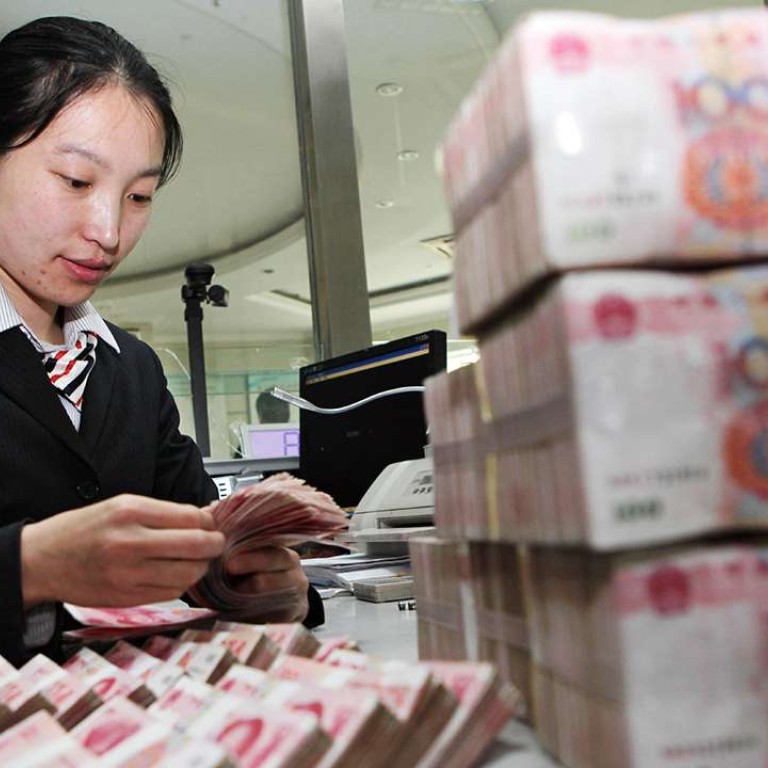
Terror funding and money laundering targeted as China takes tough approach to internet finance
Chinese authorities plan to set up a technical support system to tackle money laundering and financing for terrorism amid the rise of internet finance, a top central bank official said yesterday, emphasising that both conventional and online financial activities should be subjected to the same regulatory standard.
China’s internet finance companies often lacked awareness in risk control, compliance and consumer rights protection, Pan Gongsheng, vice-governor of the People’s Bank of China, said at the official launch of the National Internet Finance Association of China.
The Shanghai-based industry group would join Chinese regulators in monitoring suspicious trade activity and identifying their clients, Pan said.
China’s PICC plans setting up internet finance arm
The establishment of the association, which was instructed by the central bank and other financial regulators, follows China’s clampdown on Ezubao, a peer-to-peer lending company which had duped about 900,000 investors out of 50 billion yuan.
Pan said regulations on internet financing would be issued soon covering such areas as online lending and equity crowdfunding.
He said regulatory standards would apply equally to traditional and online financial businesses.
“As long as it is doing the same financial business, [we would] apply the same policies, regulations and standards,” Pan said. “We will determine the actual nature of individual internet financing products by examining their source of funds, intermediaries, and ultimate use of funds.”
The newly established industry group would seek to self-regulate the industry, Pan said.
Li Yaodong, research head at 01caijing, a website covering internet finance, said tracking transactions through internet finance companies posed rising challenges to regulators.
Chinese tech firms aren’t being put off by Beijing’s crackdown on internet finance
There are strict rules governing money laundering and terror financing in the traditional banking system, but no clear rules are set under the internet finance sector. It is a loophole in the internet finance regulatory system,” he said. “Transparency of information is another problem as it’s hard to track the source of funds.”
The rapid development of internet finance and technologies also resulted in more diversified lending and money transfer channels that added to the challenge facing regulators, Li said.
For instance, virtual currencies like Bitcoin enabled internet users to transfer money in a cheap and convenient way but such activities were hard to monitor, Li said.
China’s banking regulator last December announced draft rules for P2P lenders, taking the first concrete step in reining in booming online lending businesses, after a guideline governing the development of internet finance was announced in July.
However, the Ezubao scam has prompted calls for a tightening of the regulatory framework.
The industry group has more than 400 members including major banks and financial firms, as well as P2P lenders, online payment service providers.
Lufax, the mainland’s leading P2P lender under Ping An Insurance, and Bank of China are among the members.
Pan said self-regulation would provide more flexibility in the industry development, however, regulators would need to tighten supervision if it did not work effectively.

